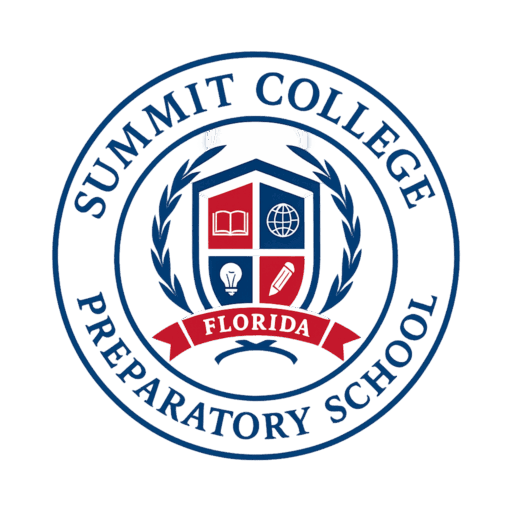AP English Literature and Composition
Welcome to AP English Literature and Composition at Summit College Preparatory. This course is designed to provide students with a learning experience equivalent to that of a college-level introductory course in literary analysis. The primary aim is to engage students in the close reading and critical analysis of imaginative literature — fiction, poetry, and drama — from various periods and cultures.
Course Overview
Students will learn to analyze literary texts through careful reading and discussion, exploring how writers use language to create meaning. The course emphasizes the development of interpretive skills, the writing of literary analysis essays, and the understanding of literary terms and concepts. The course follows the official AP English Literature and Composition Course and Exam Description (CED) published by the College Board.
Major Units of Study
| Unit | Focus | Primary Text Types | Skills Developed |
|---|---|---|---|
| Unit 1 | Short Fiction I | Short stories, flash fiction | Characterization, setting, narrative structure |
| Unit 2 | Poetry I | Classical and modern poetry | Poetic structure, figurative language, tone |
| Unit 3 | Long Fiction or Drama I | Novels, plays | Character development, theme, plot, structure |
| Unit 4 | Short Fiction II | Contemporary short stories | Point of view, symbolism, irony |
| Unit 5 | Poetry II | Modern and postmodern poetry | Voice, structure, poetic argument |
| Unit 6 | Long Fiction or Drama II | Full-length novels, historical plays | Intertextuality, ambiguity, literary devices |
| Unit 7 | Literary Argumentation | Mixed texts | Literary thesis, evidence, commentary |
| Unit 8 | Exam Review and Timed Writing | AP Practice sets | Essay practice, multiple choice, test strategies |
Learning Outcomes by Quarter (34 Weeks)
- Quarter 1 (Weeks 1–9): Analyze short fiction and poetry; write paragraph responses with textual support (Units 1–2).
- Quarter 2 (Weeks 10–17): Study drama/long fiction and deepen poetic analysis; write full literary essays (Units 3–4).
- Quarter 3 (Weeks 18–26): Develop comparative arguments and interpretive commentary (Units 5–6).
- Quarter 4 (Weeks 27–34): Synthesize literary ideas across genres, engage in AP exam prep, complete mock exams (Units 7–8).
Assessment and Grading
| Category | Weight |
|---|---|
| AP Practice Essays (Prose, Poetry, Argument) | 35% |
| Quizzes and Multiple Choice | 25% |
| Projects and Literary Presentations | 15% |
| Class Discussions and Socratic Seminars | 15% |
| Participation and Reading Logs | 10% |
Instructional Strategies
Instruction includes close textual analysis, literary theory applications, peer-reviewed essay workshops, and comparative reading of texts. Students are encouraged to participate in Socratic seminars, thematic analysis presentations, and frequent timed writing assignments modeled after the AP exam.
College Board Alignment
This course follows the AP English Literature CED and aligns with College Board expectations in skill development, reading depth, and exam preparation. All assessments and instructional materials are designed to prepare students to succeed in the AP exam and meet college-level literary standards.
